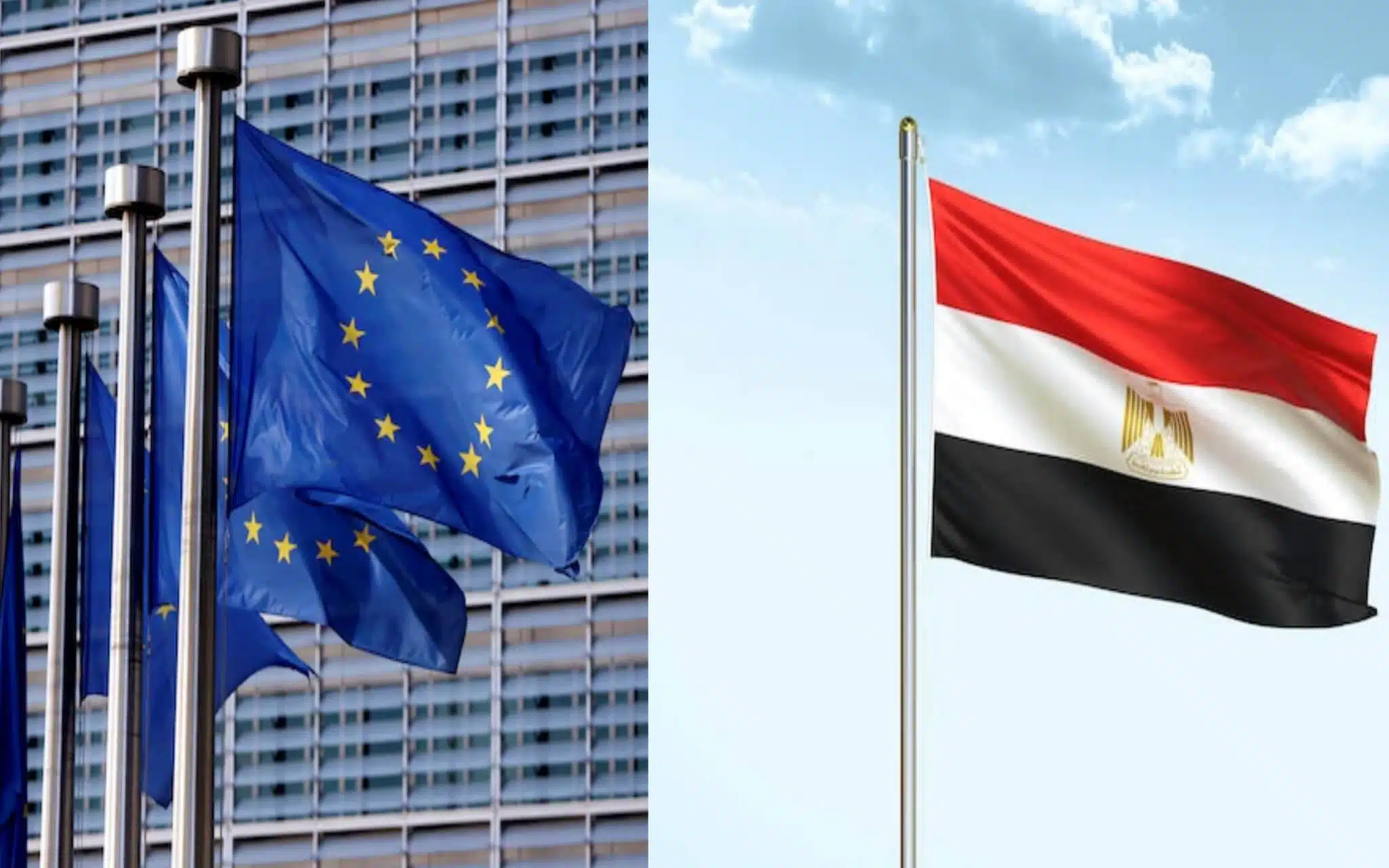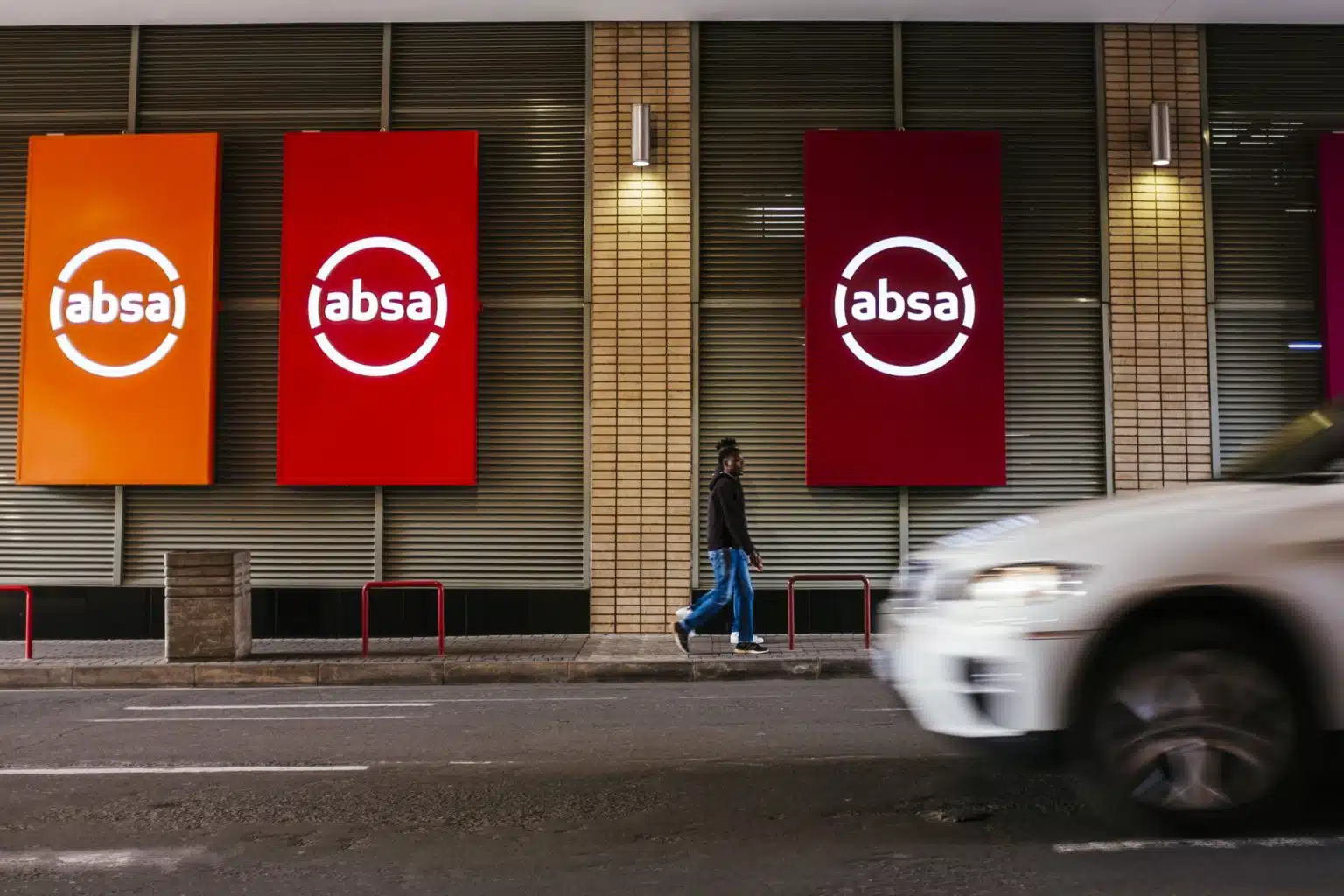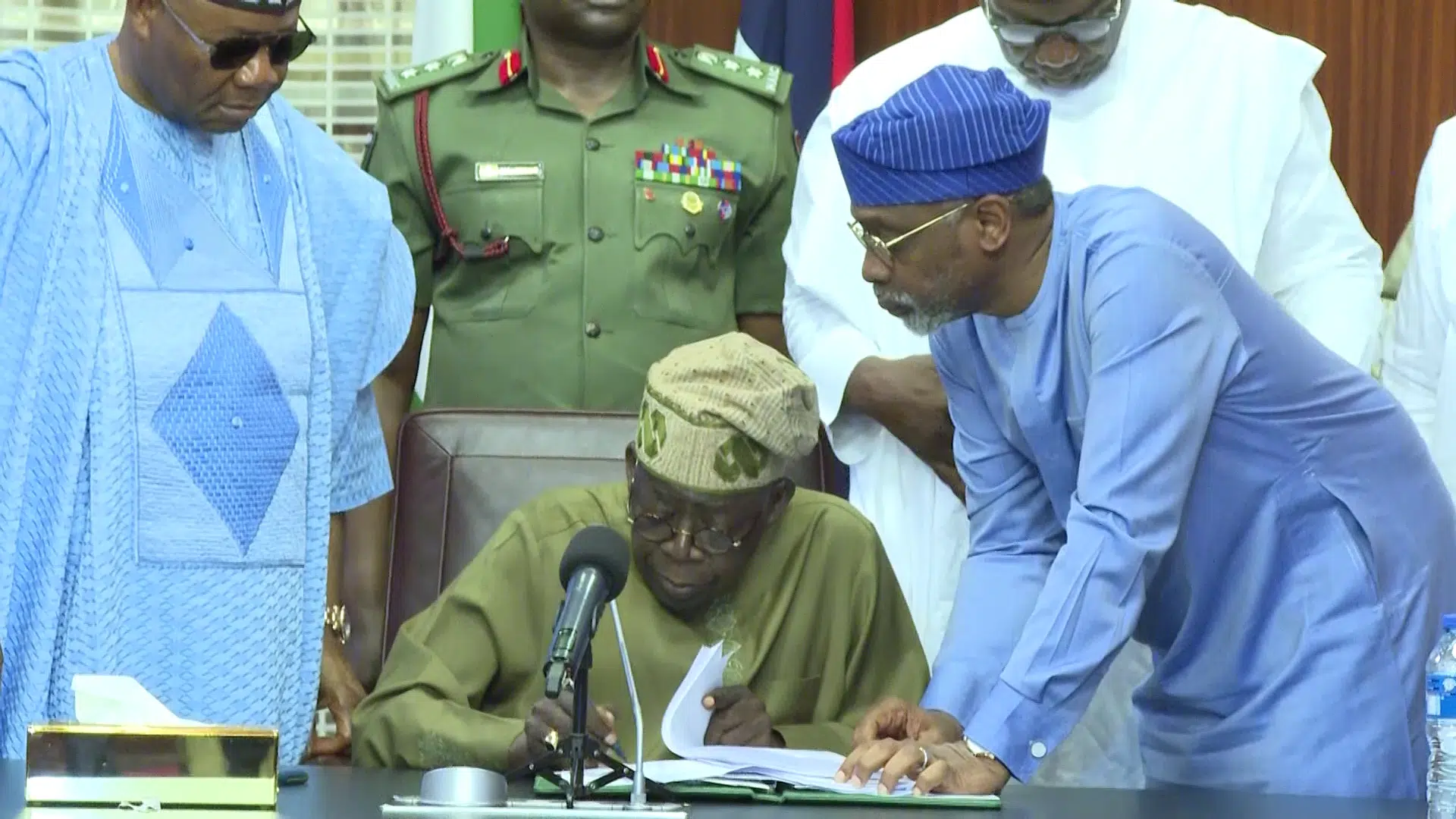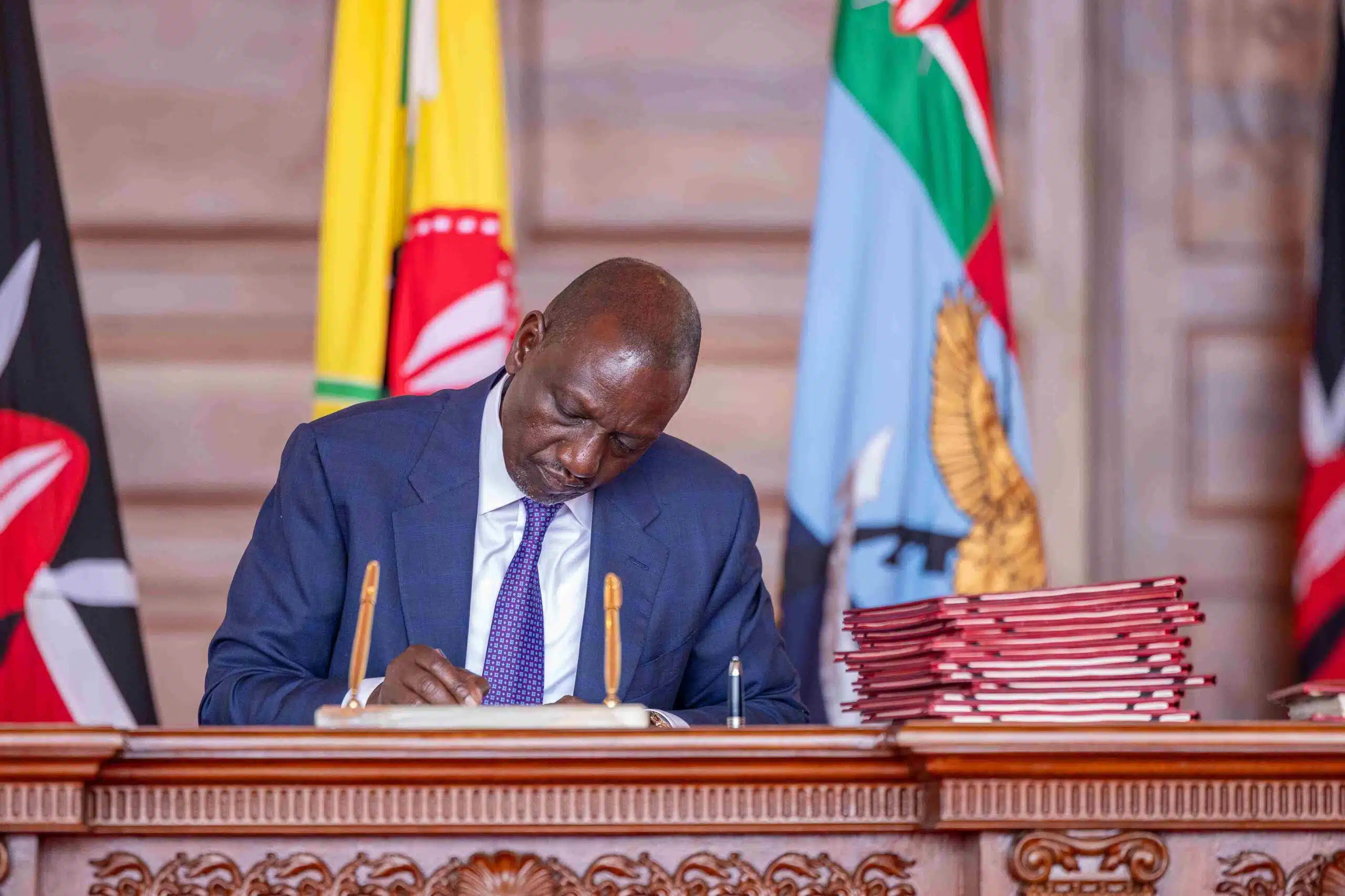Egypt’s Ministry of International Cooperation has announced that it has signed a €90 million development financing agreement with the European Investment Bank(EIB) for the Food Resilience Project in Egypt.
This agreement, which was signed on Monday, is targeted at increasing and modernising the country’s grain storage and logistics system. The programme aims to improve Egypt’s self-sufficiency in agriculture and general wheat production.
The program is also supported by the National Silos Project and the General Authority for Supply Commodities (GASC). Other partners, including the European Union and the World Bank, proposed to fund the program with a €100 million grant and a concessional financing of €110 million, respectively.
The battle with inflation
Currently, Egypt has the second highest interest rate in Africa, at 27.25%. The Inflation rate as of January 2025 reached 24%, with food price inflation at 20.2%. Headline inflation also rose by 1.6% in January.
Inflation has also increased since the outbreak of the Ukraine-Russian war. Foreign investors have had to withdraw billions of dollars from the Ethiopian treasury markets.
Apart from high inflation, Egypt is surrounded by warring countries, which essentially affects its food security, including Ethiopia, Sudan and Libya. The Rafah border, which connects Egypt to Gaza.
Although this area is not subject to the Israeli-Palestinian war, many Palestinians have migrated to the South of Gaza and the opening of this border can signal an influx of Palestinian migrants into Egypt.
With these threats to food security and the accompanying food inflation, there is a need to further strengthen the country’s agricultural system to ensure the availability of basic food staples, including bread.
The Minister, Dr Rania Al-Mashat, also explained that this fund is to consolidate the previous efforts made by the government and foreign investors to ensure food security, including the €56.7 million EU grant signed in June 2024 to develop the storage capacities of wheat silos in Egypt and build additional capacities.
Balance of trade
With an improved agricultural and grain storage system, Egypt can improve its balance of trade, which ended in a negative as of December 2024.
The country recorded a trade balance deficit of $4.2 billion, with its total imports reaching $8.1 billion in December 2024, with a 24.6% YoY increase.
This deficit was mainly a result of an increase in the importation of petroleum and wheat. Bread, which is a staple in the country, is made mainly from wheat.
As the country seeks to ensure the adequate provision and distribution of food across the country, it is forced to import these products.
This agreement will further help to drive up the production, storage and effective distribution of wheat across the country, reducing the need for importation. This will help to strengthen the balance of trade and reduce inflation.






